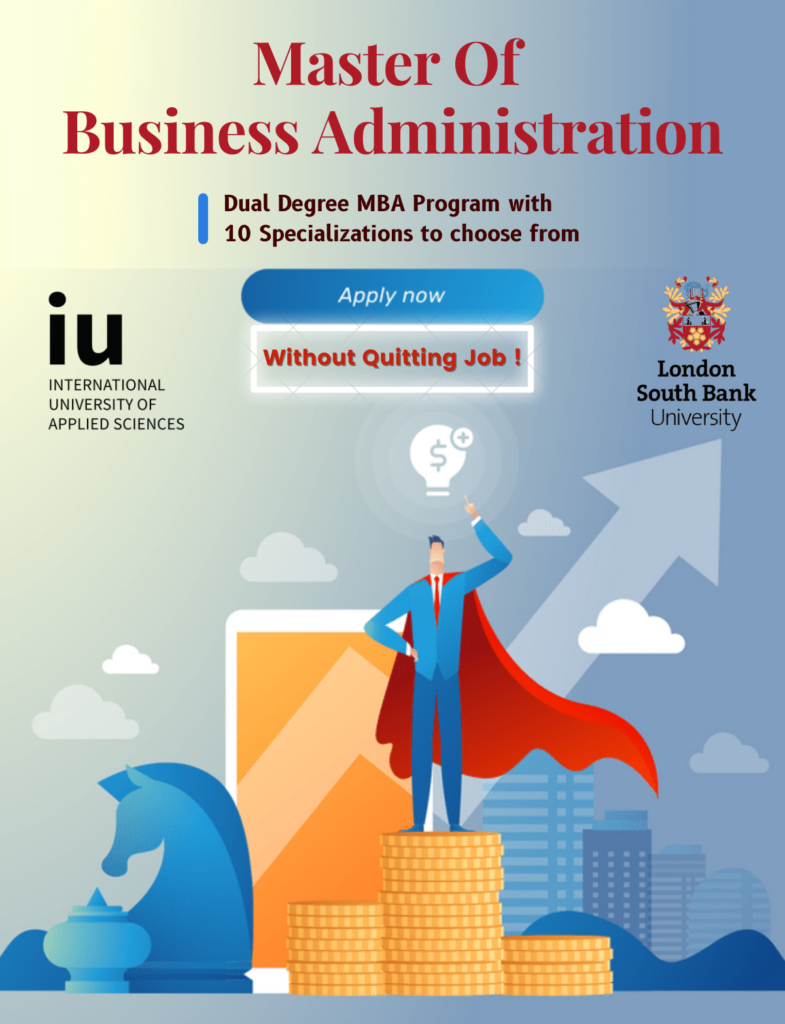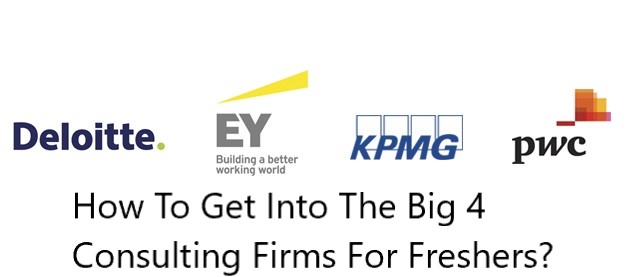The Interview Question “What is your biggest Failure” can suddenly change the mood of the conversation and make a candidate very uncomfortable as the interviewer seeks to know more about the failures of a candidate.
Interviewers are sometimes just as interested in what has gone wrong in your life as what has gone right. This is not because they take pleasure in others’ pain nor because they want to see you squirm, but because they want to see how you have dealt with adversity and obstacles.
It is also a good way to test your problem-solving skills and assess how aware you are of your strengths and weaknesses. You don’t know whether the failure you went through is the biggest or not. But one thing is for sure failure teaches you a big lesson when you get over it. In my opinion, success and failure are the states of mind. The path is taken by you after success/failure depends upon how you embrace it.
The real reason why interviewers ask about your biggest failure is that it reveals a lot about you, your ability to take risks, face challenges, acknowledge your mistakes and learn from them.
– Don’t turn an interview into a failure by saying that you’ve never made a mistake or you haven’t experienced failure. Nobody is perfect. The most successful people in the world have had many, many failures.
– It is unlikely that you have achieved everything the first time around, so you would be stretching your interviewers’ credibility. If you truly don’t feel that you can pinpoint a ‘failure’, you could instead talk about a time when you were disappointed or a time when something almost didn’t work out, but then did thanks to your actions. Remember that the interviewers are more interested in what you have learned from an experience than the failure itself.
– You shouldn’t be looking to excuse your behavior or actions; instead, show that you are aware of your weaknesses in that particular situation and focus on what you have done to mitigate or work on them after.
– Take time to reflect. Think about the key decisions or milestones in your career or education. Consider the problems or challenges you faced. Honestly evaluate whether or not you made the best choices. Would you make the same decisions now that you did then?
Choose your failures strategically. Choose failures or challenges that you’ve honestly learned from. Don’t mention any failures that didn’t teach you a lesson, are incriminating, or ones that you haven’t recovered from.
– Instead of dwelling on what went wrong, identify the reasons behind the incident and emphasize what you have learned and what you now do differently. Explain the actions you took to ensure that you wouldn’t achieve the same mistake.
– Once you have detailed your ‘failure’, you can turn to talk about how what you learned from that incident has led to you being more successful in another situation.
– You can also add quotes to put a spin; like “The only thing I would say: Never Give Up. Learn from your failures.”
Interviewers are sometimes just as interested in what has gone wrong in your life as what has gone right. This is not because they take pleasure in others’ pain nor because they want to see you squirm, but because they want to see how you have dealt with adversity and obstacles.
It is also a good way to test your problem-solving skills and assess how aware you are of your strengths and weaknesses. You don’t know whether the failure you went through is the biggest or not. But one thing is for sure failure teaches you a big lesson when you get over it. In my opinion, success and failure are the states of mind. The path is taken by you after success/failure depends upon how you embrace it.
The real reason why interviewers ask about your biggest failure is that it reveals a lot about you, your ability to take risks, face challenges, acknowledge your mistakes and learn from them.
– Don’t turn an interview into a failure by saying that you’ve never made a mistake or you haven’t experienced failure. Nobody is perfect. The most successful people in the world have had many, many failures.
– It is unlikely that you have achieved everything the first time around, so you would be stretching your interviewers’ credibility. If you truly don’t feel that you can pinpoint a ‘failure’, you could instead talk about a time when you were disappointed or a time when something almost didn’t work out, but then did thanks to your actions. Remember that the interviewers are more interested in what you have learned from an experience than the failure itself.
– You shouldn’t be looking to excuse your behavior or actions; instead, show that you are aware of your weaknesses in that particular situation and focus on what you have done to mitigate or work on them after.
– Take time to reflect. Think about the key decisions or milestones in your career or education. Consider the problems or challenges you faced. Honestly evaluate whether or not you made the best choices. Would you make the same decisions now that you did then?
Choose your failures strategically. Choose failures or challenges that you’ve honestly learned from. Don’t mention any failures that didn’t teach you a lesson, are incriminating, or ones that you haven’t recovered from.
– Instead of dwelling on what went wrong, identify the reasons behind the incident and emphasize what you have learned and what you now do differently. Explain the actions you took to ensure that you wouldn’t achieve the same mistake.
– Once you have detailed your ‘failure’, you can turn to talk about how what you learned from that incident has led to you being more successful in another situation.
– You can also add quotes to put a spin; like “The only thing I would say: Never Give Up. Learn from your failures.”














